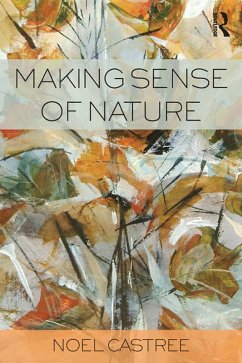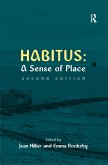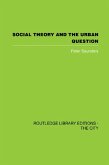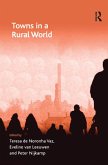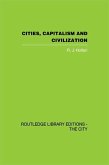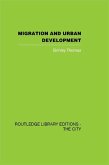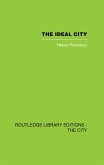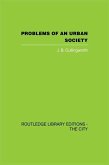Drawing on over 30 years on research into the 'social constitution of nature', this book shows that what we call 'nature' is made sense of for us in ways that make it central to social order, social change and social dissent. By utilising insights and extended examples from anthropology, cultural studies, geography, philosophy, politics, sociology, science studies, this interdisciplinary book asks whether we can make sense of nature for ourselves, and thus participate more meaningfully in momentous decisions about the future of life on the planet.
Dieser Download kann aus rechtlichen Gründen nur mit Rechnungsadresse in A, B, BG, CY, CZ, D, DK, EW, E, FIN, F, GR, HR, H, IRL, I, LT, L, LR, M, NL, PL, P, R, S, SLO, SK ausgeliefert werden.

